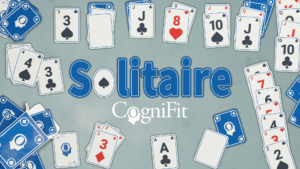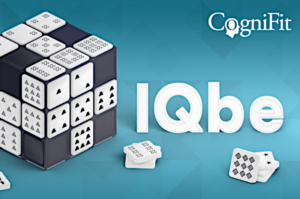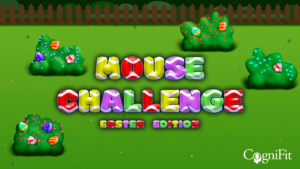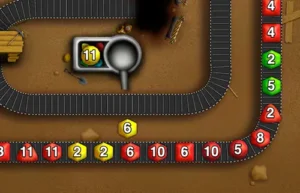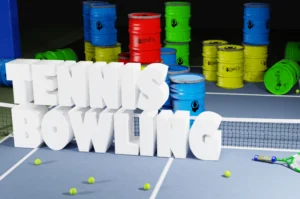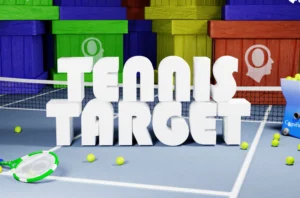
Tradition Vs Cognitive Gaming Trial – Which Is Better?
There are already plenty of powerful brain games out there that will push someone’s neuroplasticity to stronger levels. But what about traditional computer games? Do any of these stimulate the same pathways, or hold any mental-training value at all?
This is what the Department of Epidemiology (Sackler Faculty of Medicine) in Tel-Aviv University, Israel, set out to test. This included a team of Chava Peretz 1, Amos D Korczyn, Evelyn Shatil, Vered Aharonson, Smadar Birnboim, and Nir Giladi.
After all, with all the mechanics and problem-solving skills needed in conventional gaming, there must be some value in at least a handful (or more) of them.
Cognitive Gaming Trial Details
First, the test was a randomized, double-blind interventional study. Each subject volunteered themselves (around 68 years old) and then was then assigned to one of the gaming groups.
Each group tested their baselines before going into a 3-month trial by a neuropsychological assessment battery. When it was all said and done, their final results were evaluated using two methods:
- Adherence only (n = 121),
- Intention to treat (n = 155)
The Results?
Both groups actually improved their cognitive performance. However, the personalized group was far more significant in all 8 sections of brain training. But the traditional gaming group it was only significant in 4 (AO) or 6 domains (ITT) sections.
In the AO analysis, personalized cognitive training was significantly more effective than playing games in improving…
- Visual-spatial working memory
- Visual-spatial learning
- Focused attention
Cognitive Gaming Trial Thoughts
One thing that was missing from the published paper was which games were used in the “traditional” method. After all, playing Candy Crush won’t be the same as Minecraft etc. It would be interesting to also know if certain games on the regular market were better than others.
Still, all-in-all, it’s no surprise that cognitive brain training regimes beat out the other half of the study. And it’s especially important as people grow older and need to take care of their minds even more.
Finally, since brain training regimes aren’t time intensive (3 times a week and 20 minutes per session) there’s nothing to say that people of any age can’t take advantage of brain games.

















